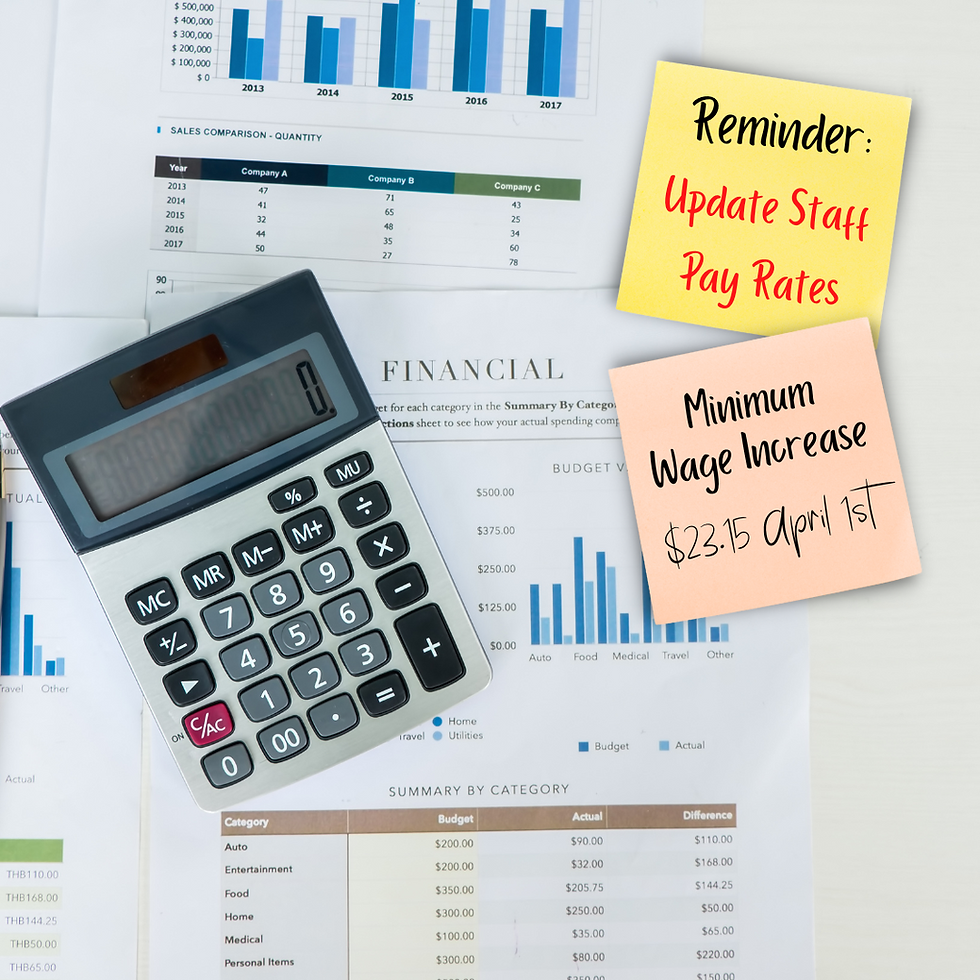Know How To Identify A Scam!
- ally178
- Apr 4, 2023
- 2 min read
Updated: Oct 14, 2024

This was ironic - an accountant was texted a fake refund link from IRD!
Yep - Joel was sent this message last week (see below) and it reminded us just how easily people can get scammed, especially when at first glance it can seem legitimate like the one he received.
In this blog post, we have collated a selection of tips that we have gathered over the years on how to recognise a scammer.
First and foremost - if in doubt, never click on a link! By clicking on a link from a scammer you are putting yourself and your personal information at risk.

A few giveaways for all suspicious texts, email or messages:
1. Always check the spelling closely for errors. In this case, the URL website address says inland- revenues with an "s" on the end.
2. Google what the real web address/URL would be and compare. Again in this case the real IRD web address is 𝘪𝘳𝘥.𝘨𝘰𝘷𝘵.𝘯𝘻 not 𝘪𝘯𝘭𝘢𝘯𝘥-𝘳𝘦𝘷𝘦𝘯𝘶𝘦𝘴-𝘯𝘻.𝘤𝘰𝘮
3. If it's offering money or a refund, it's probably a scam! In this instance IRD never put refund amounts or links to MyIR in their emails or texts, so we instantly knew that something was off!
There are many different types of scams and anyone who uses the internet will have come across scammers a few times. For IRD-specific scams, they have a list on their website of different ways you might receive a fake email, text etc. and what they might look like.
A good resource for general scams is CERT NZ, they are an organisation that receives cyber incident reports, tracks cyber security incidents or attacks, and provides advice and alerts on how to respond and prevent further attacks.
We suggest reading through CERT NZ's "Scams and Fraud" Section and CERT NZ is there for reporting any cyber security problem you may have.




Comments